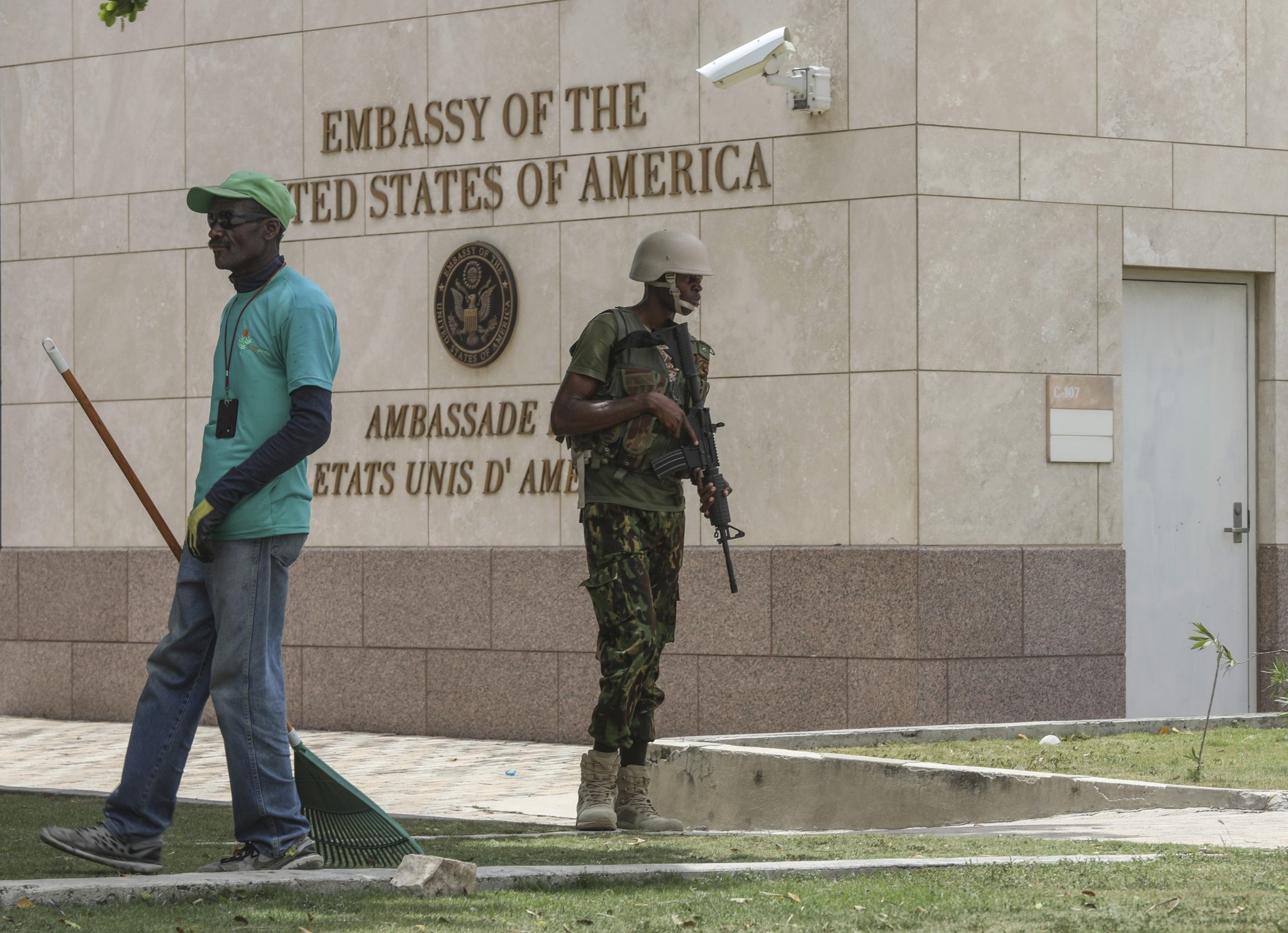Liberty Caribbean is Diamond Sponsor of CANTO Connect 2026 and 42nd AGM
Port of Spain, TRININDAD & TOBAGO (February 1, 2026) — Liberty Caribbean, the operators of Flow. Liberty Business and BTC, has reaffirmed its commitment to turning regional connectivity into measurable economic and social outcomes as Diamond Sponsor of CANTO Connect 2026 and its 42nd Annual General Meeting.
CANTO is the leading regional body that brings together telecommunications operators, ICT providers, regulators, governments, and industry partners to support the development of the Caribbean’s digital and communications landscape.
Simone Martin-Sulgan, Vice President and General Manager, Flow Trinidad & Tobago delivered the sponsor’s address on behalf of Liberty Caribbean.
“The work of laying fibre and lighting towers is done; connectivity is now our foundation,” she said.
“The real task before us is to translate that foundation into innovation, productivity and prosperity for our people. Intelligent connectivity, such as networks designed for 5G, AI and IoT, will be the platform for smarter public services, more resilient systems and scaled opportunities for Caribbean entrepreneurs.”
such as networks designed for 5G, AI and IoT, will be the platform for smarter public services, more resilient systems and scaled opportunities for Caribbean entrepreneurs.”
Martin-Sulgan emphasised that infrastructure alone will not deliver sustainable progress.
“Digital progress must become digital prosperity. That means creating career pathways for young people, helping local businesses scale and ensuring citizens across our communities can fully participate in the digital economy. A connected Caribbean should also be a confident, creative and globally competitive Caribbean,” she said.
Liberty Caribbean is represented by a senior delegation at CANTO Connect to support the conference objectives of aligning policy, investment and execution across the region under this year’s theme ‘Elevate the Caribbean – From Connectivity to Global Competitiveness’.
Liberty Caribbean’s delegation includes Inge Smidts, Chief Executive Officer; Desron Bynoe, VP and General Manager, Flow Barbados; Susanna O’Sullivan, VP and General Manager, North Caribbean; Marilyn Sealy, Senior Director, Head of Communications; Dominic Boon, VP, People; Daniel Neiva, Chief Commercial Officer, B2B; Bradley Ramcharan, Director, B2B, Trinidad & Tobago; Yolande Headley, Country Manager, Dutch East Caribbean; and Jade Reymond, Country Manager, Flow Anguilla.
Martin-Sulgan thanked CANTO’s local secretariat for convening the forum and urged delegates to convert conversation into action.
“If we align policy, capital and capability, the Caribbean can move from connectivity to competitiveness. Liberty Caribbean will continue to invest in resilient networks, nurture homegrown talent and partner to deliver measurable social and economic value across our markets,” she said.

